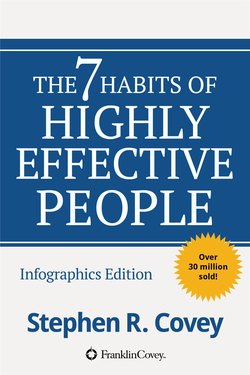Читать книгу The 7 Habits of Highly Effective People - Стивен Кови - Страница 24
На сайте Литреса книга снята с продажи.
ОглавлениеPrinciples are not practices. A practice is a specific activity or action. A practice that works in one circumstance will not necessarily work in another, as parents who have tried to raise a second child exactly like they did the first can readily attest.
While practices are situationally specific, principles are deep, fundamental truths that have universal application. They apply to individuals, to marriages, to families, to private and public organizations of every kind. When these truths are internalized into habits, they empower people to create a wide variety of practices to deal with different situations.
Principles are not values. A gang of thieves can share values, but they are in violation of the fundamental principles we’re talking about. Principles are the territory. Values are maps. When we value correct principles, we have truth—a knowledge of things as they are.
Principles are guidelines for human conduct that are proven to have enduring, permanent value. They’re fundamental. They’re essentially unarguable because they are self-evident. One way to quickly grasp the self-evident nature of principles is to simply consider the absurdity of attempting to live an effective life based on their opposites. I doubt that anyone would seriously consider unfairness, deceit, baseness, uselessness, mediocrity, or degeneration to be a solid foundation for lasting happiness and success. Although people may argue about how these principles are defined or manifested or achieved, there seems to be an innate consciousness and awareness that they exist.
The more closely our maps or paradigms are aligned with these principles or natural laws, the more accurate and functional they will be. Correct maps will infinitely impact our personal and interpersonal effectiveness far more than any amount of effort expended on changing our attitudes and behaviors.
